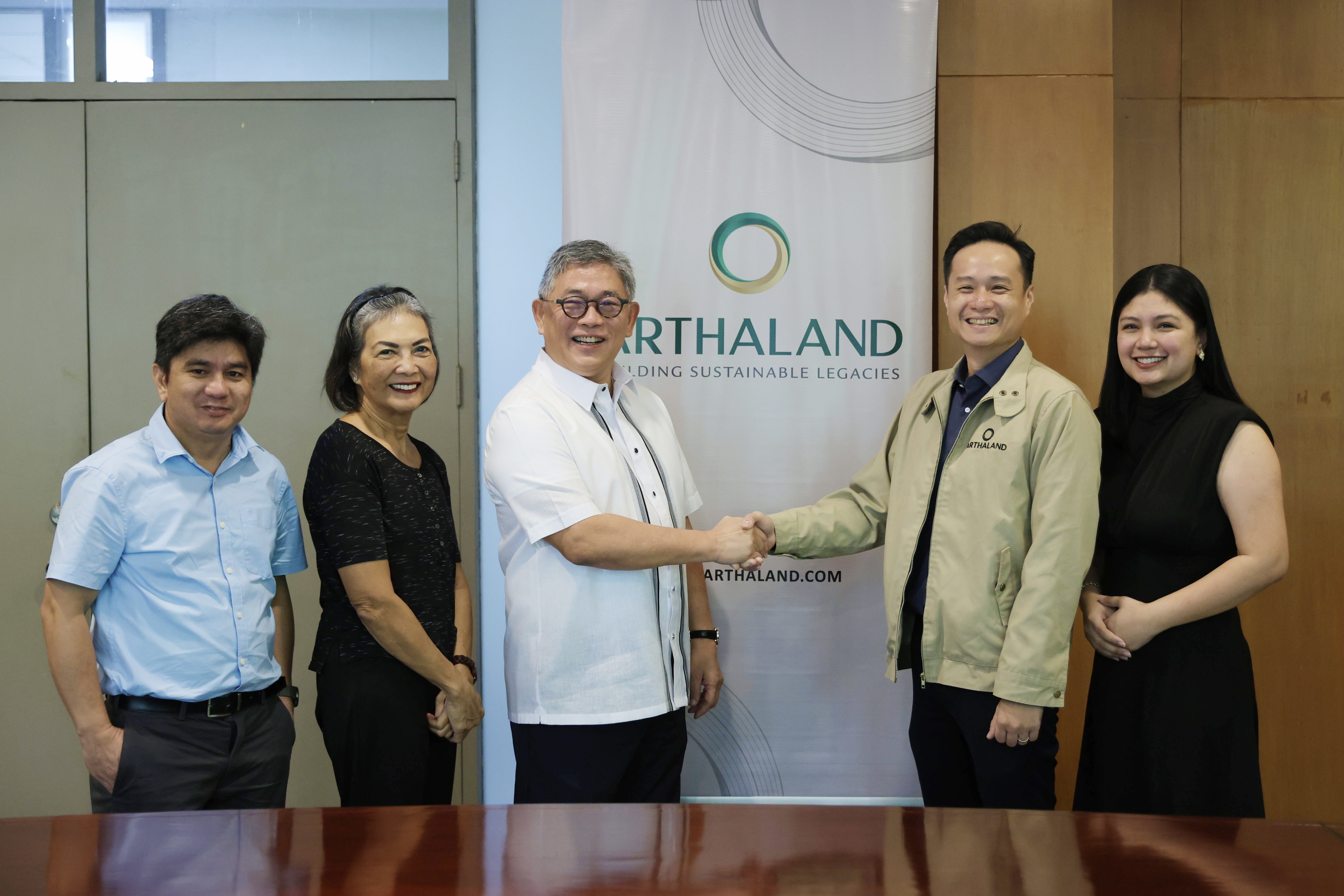
Arthaland builds new high-rise condo in Cebu
七月 10, 2021
It takes a different kind of commitment, discipline and passion to be “green” and sustainable all the way.
There are no shortcuts, no cutting corners; more resources and expertise are needed; and new steps and processes will have to be added along the way just to adhere to the stringent principles that make a structure sustainable across all fronts.
“It’s not easy being green,” admitted Arthaland executive vice president/treasurer Leonardo Arthur Po. “But it’s in our DNA (to be sustainable). It’s part of who we are as a developer.”
True enough, the Po family-led boutique developer, Arthaland Corp., was the pioneer in premium green and sustainable projects, having introduced to the local market this concept back when it was still considered an uncharted territory.
Its first project, the Arya Residences, has put the upscale boutique developer on the map, proving that it was ahead of the curve, and well on top of its game early on. And rightfully so.
This flagship project of Arthaland was reportedly the first and only residential high-rise in the country to receive dual certifications: a LEED (Leadership in Energy and Environmental Design) Gold Certification from the US Green Building Council and a Berde (Building for Ecologically Responsible Design Excellence) Four-Star Certification from the Philippine Green Building Council.
Premium offices
And it didn’t end there.
Arthaland took its expertise in sustainability to the commercial and office space segments, starting with the 30-storey Arthaland Century Pacific Tower, an internationally multiawarded premium grade office in Bonifacio Global City that is both a LEED Platinum and BERDE 5-star certified building, the highest categories in both green building rating standard.
Currently under construction is Cebu Exchange, Arthaland’s first foray outside Metro Manila. This office venture boasts of a massive 109,000 sqm in gross floor area that can be sold or leased out. Once completed, the Cebu Exchange is poised to be the Philippines’ largest and greenest business ecosystem, offering a sustainable workspace environment.
In Taguig City, Arthaland is putting up the Savya Financial Center, a Grade A mid-rise office development with a fully integrated retail component.
All these projects are seen to impeccably manifest the company’s core principles of innovation, sustainability and excellence.
Competitive edge
Without a doubt, being in this kind of projects, according to Po, is their competitive edge.
While these may require more resources and manpower and therefore entailing much higher costs, Arthaland’s projects notably offer financial benefits on the part of the investors, as well as enhanced quality of life for residents, tenants and occupiers. At the same time, Arthaland is able to create environment-friendly legacies for future generations to enjoy.
“The overarching principle of sustainability is really to maximize the use of resources and minimize waste and by doing so, you’re making your projects more efficient. So there is a true financial benefit to developing sustainable projects and the benefit is mainly to the people who live and work in our projects,” Po explained. “Also, by reducing operating costs and the use of power and water, there is a clear cut benefit and that value is given to the people.”
First LEED neighborhood
ArthaLand has indeed raised the benchmark for sustainable living, a concept that has started to gain ground in recent years given a growing appreciation for this kind of lifestyle and better environmental awareness.
And soon, ArthaLand will be raising the bar even higher with another pioneering effort. The company is currently in the process of registering with the US Green Building Council its latest horizontal residential project, the 8-ha Sevina Park in Biñan, Laguna, as a LEED neighborhood, a first in the country.
“Yes, it’s possible but it’s more difficult and also more expensive,” Po said. “In a LEED neighborhood, you’re not just looking at the individual structures. You’re looking at the entire masterplanned development.”
The project, which is expected to generate more than P17 billion in revenue, will offer 108 villas or townhouses within more than 130,000 sqm in developed space.
According to Po, there are more factors that will come into play in developing a LEED neighborhood, including the walkability aspect, its transport- and pedestrian-friendliness, and even the trees that will be grown in the area, among others. Of course, the usual factors, such as energy efficiency, the use of renewable energy, recycling efforts and indoor air quality, will likewise be considered.
“Sevina Park is what we call our town landmark development. We’re very excited about Sevina because it allows us now to deliver the ArthaLand development philosophy, sustainability features as well as our quality and innovation through a horizontal, mixed use project,” explained Christopher Narciso, head of business and project development of Arthaland.
“With Sevina, we’re giving an opportunity to those who believe in the same thing we believe in, who believe in giving importance to the environment and making the entire community better, to be able to invest in a sustainable home and a green development,” he added.
Expanding footprint
While Arthaland already has much on its plate, it continues to look for more opportunities to create premium green structures across the country.
Narciso said they are looking for potential sites within central business districts for their high rise developments as well as first tier cities and first class municipalities outside the metro for town landmark developments.
“But you can also expect that wherever we have a foothold already, we’ll continue to look for more property. We will continue to build high end, high quality sustainable projects,” Po added.

七月 10, 2021
二月 1, 2020
三月 13, 2025
二月 28, 2024
五月 20, 2022

九月 22, 2025
七月 25, 2023
三月 1, 2020
九月 26, 2024